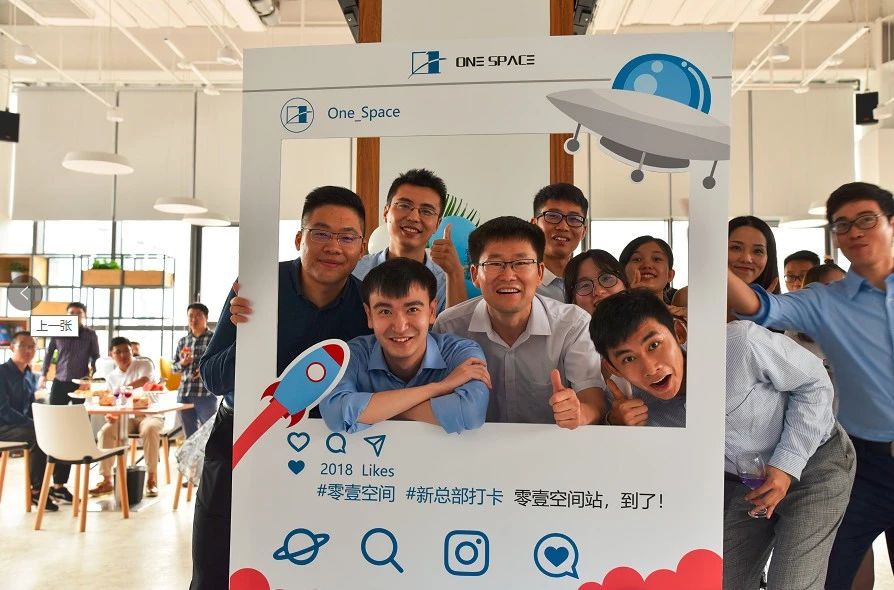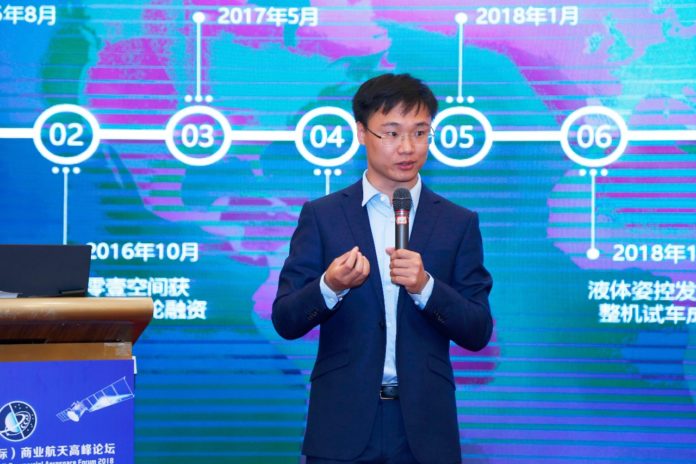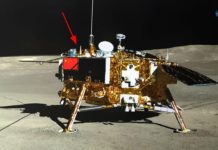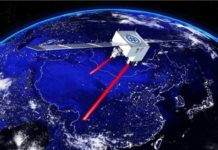One Space is a Chinese startup currently developing launch vehicles for the small satellite and microsatellite market. The company was founded in 2015 by Shu Chang, who graduated from Beihang University (formerly Beijing University of Aeronautics and Astronautics) and began his career in strategic investment in the aerospace industry at Legend Holdings in China.
Initially, with the liberalisation of China’s policies, Shu wanted to invest in aerospace companies. Finding no ideal investment target, he started One Space with the help of his university tutor Mr. Mach. Now, One Space employs about 200 people is headquartered in Beijing with branches in Shenzhen, Chongqing, and Xi’an.
Do take a moment to subscribe to our email newsletter here. We will not sell your email address to a third party, and you can unsubscribe anytime.
So far, One Space has flight-tested its OS-X series of suborbital rockets, and is almost ready to test its OS-M series of orbital launch vehicles, which will be able to take about 200kg to Low Earth Orbit (LEO).
SpaceTech Asia speaks to Shu Chang, Founder and CEO of One Space, about the company’s progress and plans, as well as China’s commercial space industry.
What in One Space working on right now?
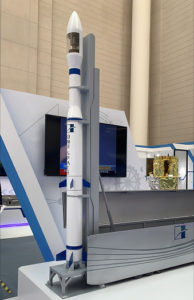
What we’re focusing on now is the OS-M launch vehicle, which is around 20 tons. Its third and fourth stage engine were successfully tested in late October. Next, we will conduct several tests for OS-M, such as the structure static test, a comprehensive electrical system test, an attitude control test, and a propulsion system vibration test, etc. OS-M1 will be launched by the end of this year.
The OS-M series of rockets aims to provide launch services for small and micro satellites globally, providing customers launch services with efficient, reliable and rapid response at a competitive price. It can provide customized and integrated solutions to meet customers’ various orbit and heights needs.
We also have a crewed space capsule project, which requires extremely high technical reliability. For us, it’s only at the planning stage, and we will take advantage of our flight test experiences to accumulate our experience and prepare for it.
By the way, we believe that SpaceX will successfully reach Mars and that we will also make it there in the future.
Are you planning on developing reusable rockets?
The reusable rocket can not only reduce the launch costs but also fly back to its launch location. Therefore it would also be possible to fly from Place A to Place B, such as from Beijing to London, which is technology that could be used for space tourism.
We are very optimistic and passionate about space tourism in the future, but not now. Again, for us, it requires extremely high technical reliability. And it’s only at the planning stage. We will take advantage of our flight test experiences to accumulate our experience and prepare for it.
How much funding have you raised, and are you looking for more? What are the funds used for?
So far we raised a total of approximately 800 million RMB (approximately USD 115.4m) and we are looking to get more funds in the future. We welcome all sources, whether it be private capital or funds with a state-owned background.
The funds are used for the research and development of the OS-X series sub-orbital rockets and OS-M series launch vehicle products, the construction of facilities, and talent recruitment and training, etc.
How has government support been so far? What role do you think governments have to play in creating a successful space industry within a country?
Some of our shareholders are organizations with a state-owned background. And we got several preferential policies from the local government – our first flight rocket in May, named “Chongqing Liangjiang Star”, received strong support from Chongqing Liangjiang Government.
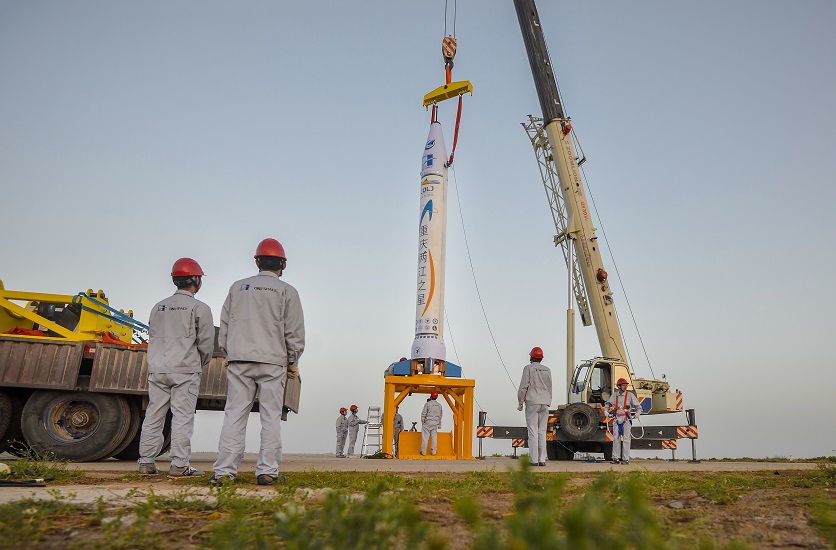
We think that the government should be primarily responsible for guiding a fair competitive environment for private launch companies. For example, as in the United States, the private enterprises and state-owned enterprises can participate in project tenders together.
How will you compete with government launch services in China?
Compared to government launch services, which focus on launching large rockets, we aim to provide a customized launch service for small and micro satellites. Moreover, One Space provides customers with exclusive, fast-response, efficient and economical launch services, customized flight test verification as well as propellant and electrical integration system solutions.
Take our rocket “brain” – the Integrated Computer Control System – as an example. It was
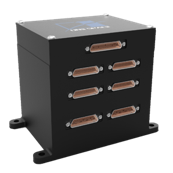
independently researched and developed by One Space. The weight and volume of this product are reduced to one-tenth, and the cost is reduced to one-fifth, compared to traditional products. This provides customers with more cost-effective services.
Why is there a sudden surge in new private space companies coming up in China?
At the end of 2014, the Chinese government started encouraging private capital to develop, launch and operate commercial satellites to provide market-oriented and professional services. The country’s increasing emphasis on aerospace technology has brought development opportunities to the commercial aerospace industry.
Also, American private rocket companies, such as SpaceX and Blue Origin, have developed fast and made great achievements, which also gives Chinese entrepreneurs confidence.
What advice would you give new entrepreneurs? How do you see the future of the space industry globally?
The commercial aerospace industry has good prospects. It’s the right time to get in. Let’s join hands and pull our strengths together to make the cake bigger for all. We believe that with the reduction of launch costs, there will be more private sector launch companies participating. We warmly welcome global small and micro satellite customers to come to China and have cooperation in the future.
